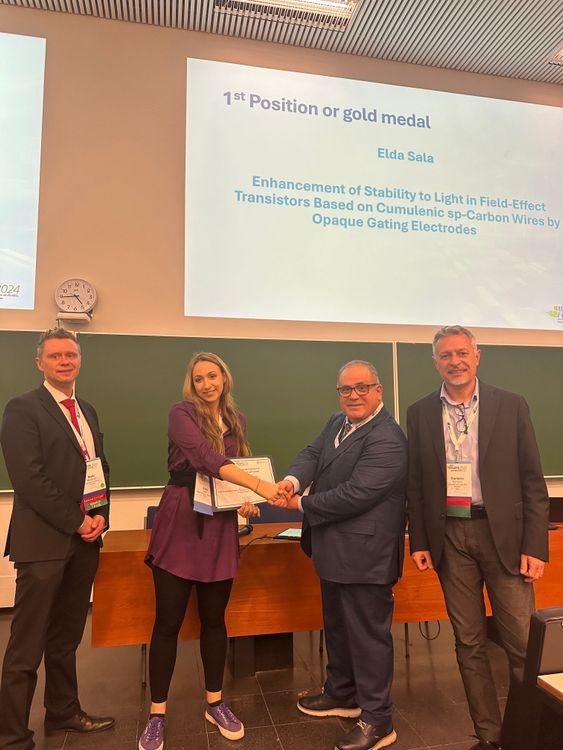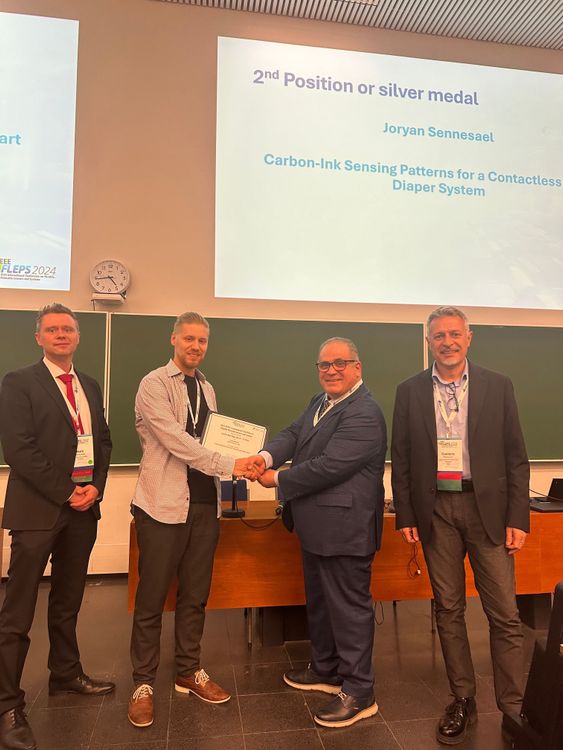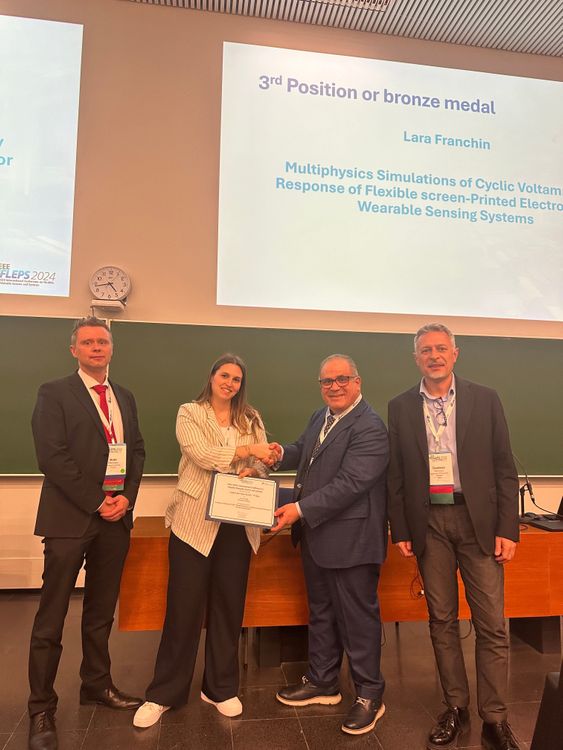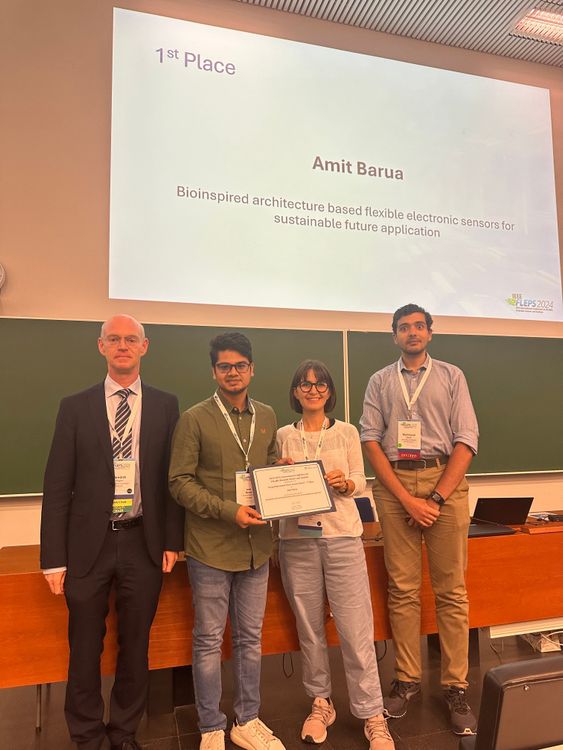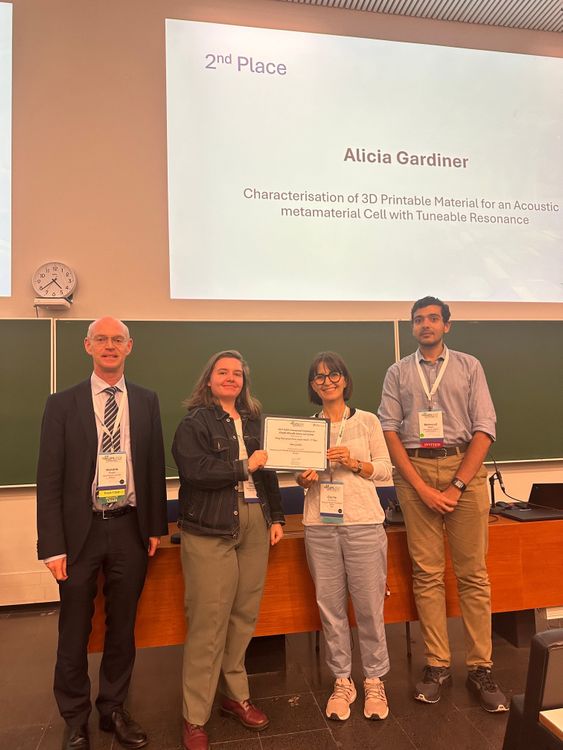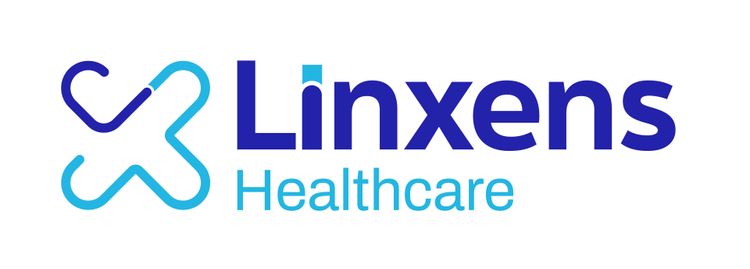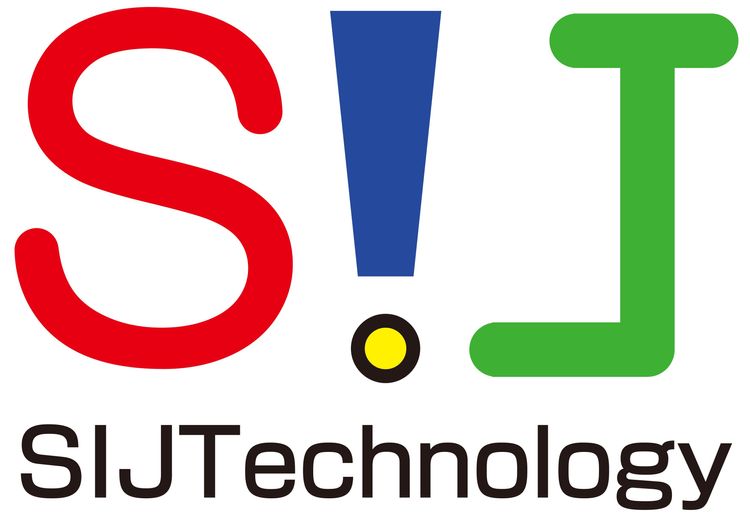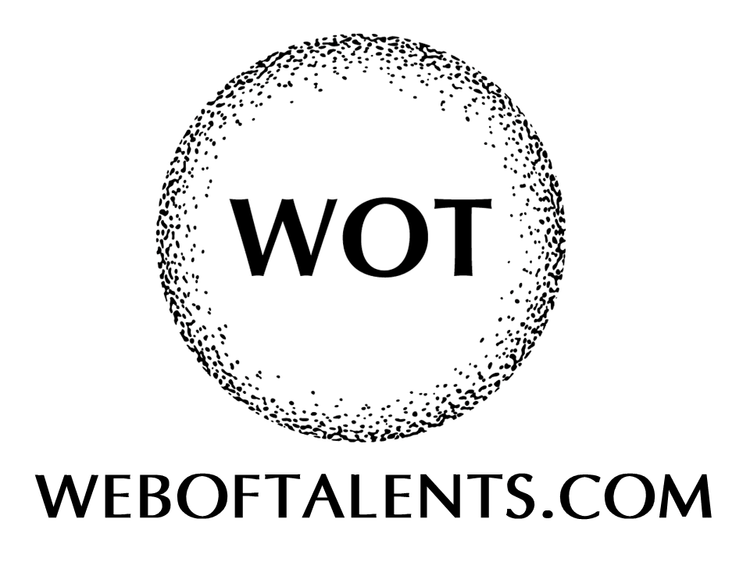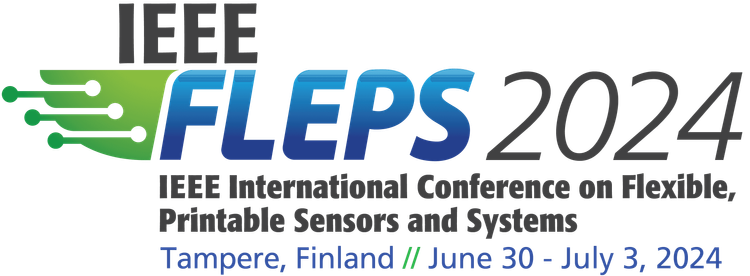
IEEE International Conference on Flexible Printable Sensors and Systems
IEEE FLEPS 2024 is intended to provide a forum for research scientists, engineers, and practitioners throughout the world to present their latest research findings, ideas, and applications in the area of Flexible and Printable Sensors and Systems.



